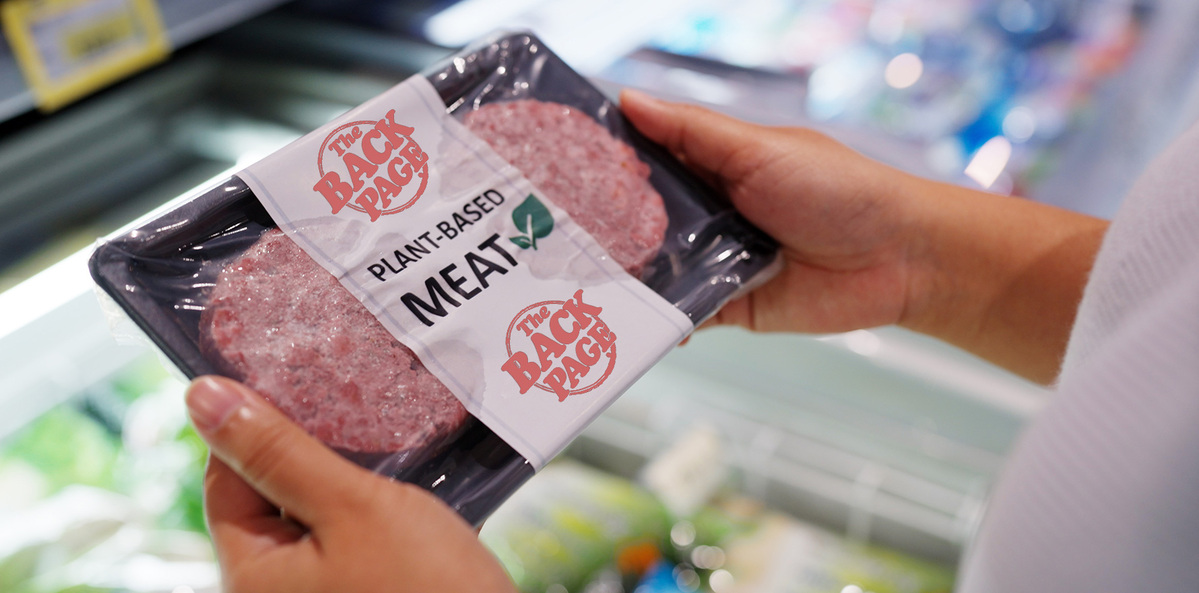These foods may be a wheel that doesn’t need reinventing.
While not a vegetarian himself, your Back Page scribbler needs no convincing of the personal and global health benefits of a plant-based diet.
What he is less certain about is the current fad for plant-based meat products that seek to imitate the properties of a chunk of animal protein without the need for some unfortunate critter to meet an early demise.
With a seemingly endless variety of actual plants that can already be consumed in delicious combinations, do we really need to be jerking around at great expense with soy and rice proteins in the bid to replicate the joys of a beef patty?
What’s more, according to new research published by the George Institute for Global Health, plant-based meat products may not even be that much healthier for the consumer, compared with eating the real thing.
The researchers found that when it comes to products available in the Australian market, these substitutes may not only be higher in sugar content than actual meat, they can also lack key nutrients found in the animal edibles.
“Both plant-based and processed meats mostly fall into the ultra-processed category, so this raises concerns about their role in a healthy diet,” lead author Maria Shahid said in a media release.
“While we found plant-based meat products were generally healthier than their processed meat equivalents, healthier alternatives would still be lean unprocessed meats and legumes, beans and falafel.”
To reach these conclusions, the team assessed and compared the nutrient content and nutritional quality of plant-based meat analogues and their equivalent meat products available in Australian supermarkets. These included burgers, meatballs, mince, sausages, bacon, coated poultry, plain poultry, and meat with pastry.
Using the Health Star Rating system, plant-based meat products were found to have a healthier nutritional profile overall, compared with equivalent meat products and while protein content was similar, plant-based meats average had significantly less saturated fat and sodium, as well as more fibre.
So that’s good, right?
Yes. However, of the 132 fake meats analysed, only 12% were fortified with the healthy nutrients you find in real meat, such as iron, vitamin B12 and zinc. So relying solely on the plant meats to replace real meat in a diet could lead to deficiencies in these nutrients over time, the researchers said.
The fairly obvious advice from a George Institute’s dietitian is to eat these new-fangled pretend-meat products only in moderation and make sure you get enough protein and nutrients from the usual suspects such as beans, tofu and dark leafy vegetables.
Which brings us back to our starting point: plant-based meats seem to be a nutritional wheel that doesn’t need reinventing.
However, with the Australian market alone for these products forecast to be worth $3 billion by 2030, the food-making folks are unlikely to stop trying.
If something doesn’t pass the taste test, spit it out in the direction of penny@medicalrepublic.com.au.


